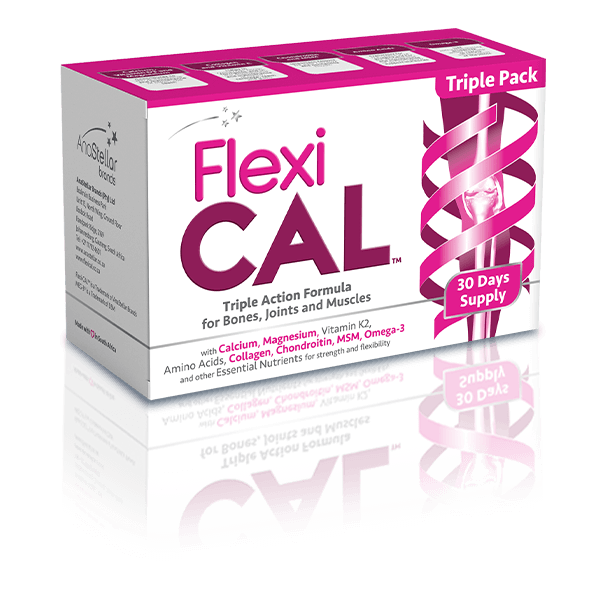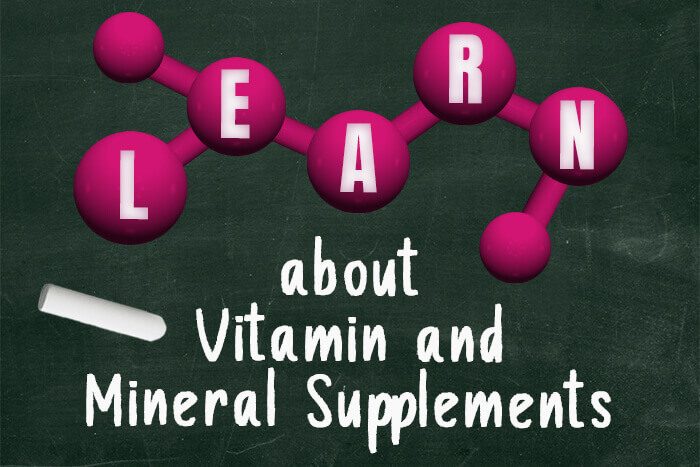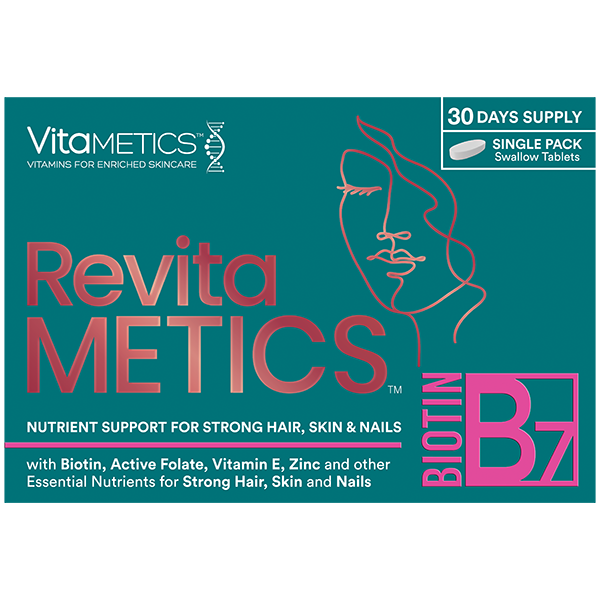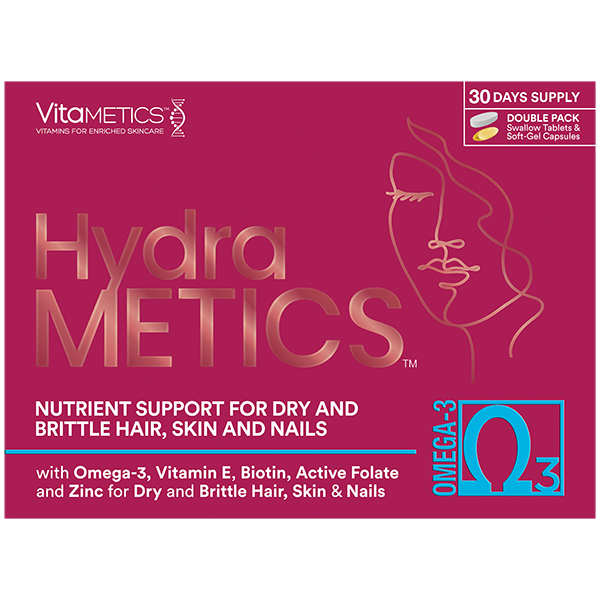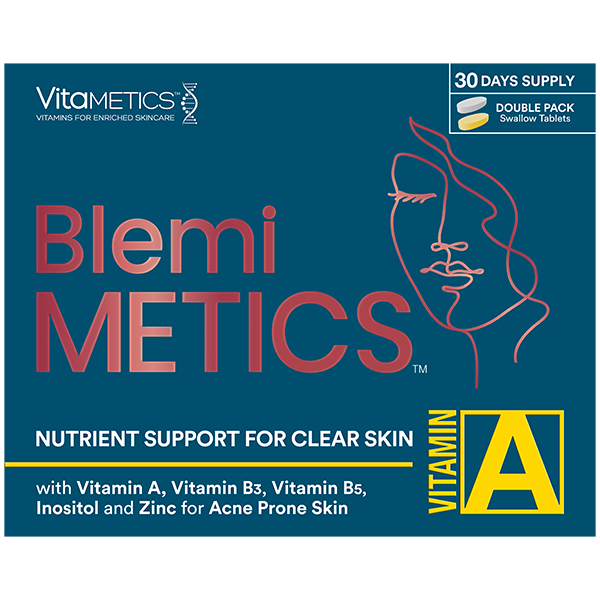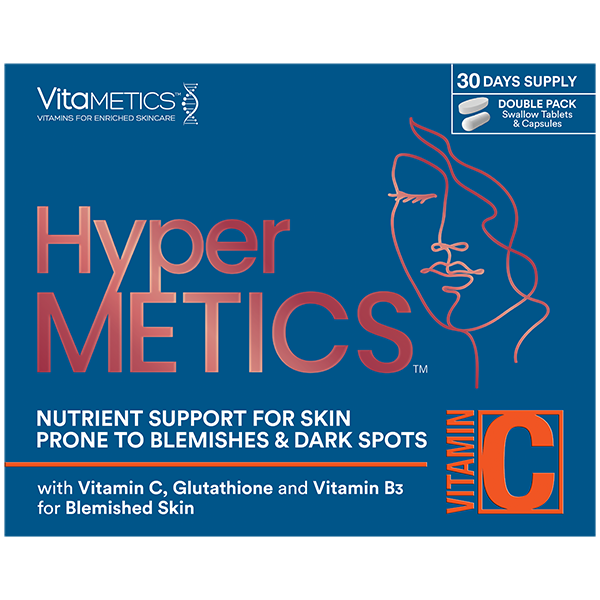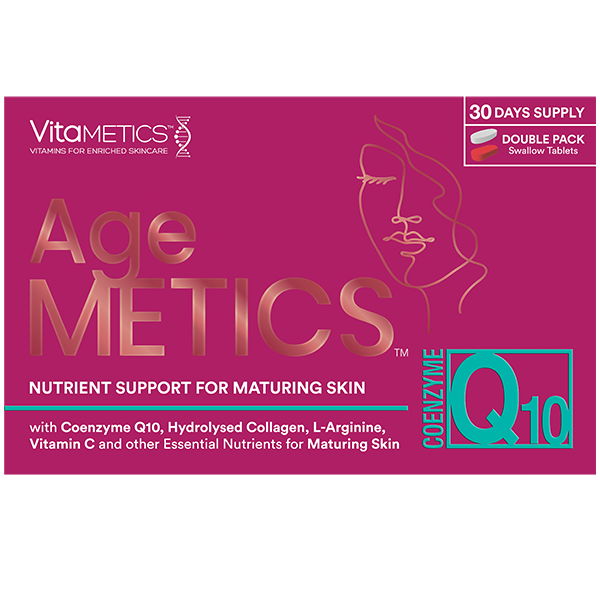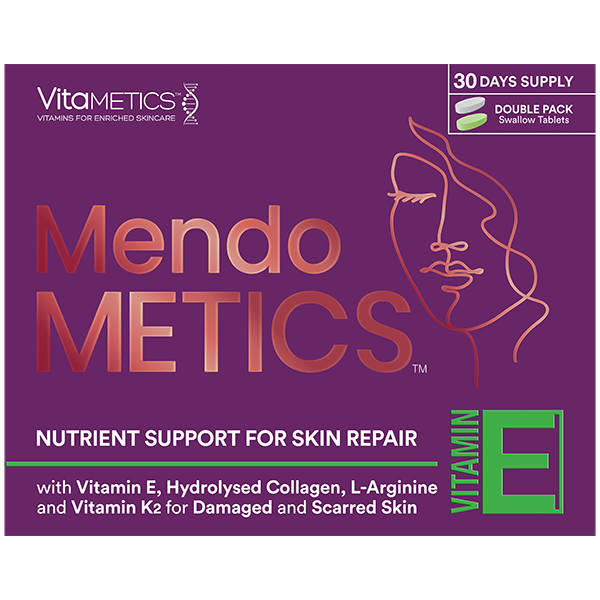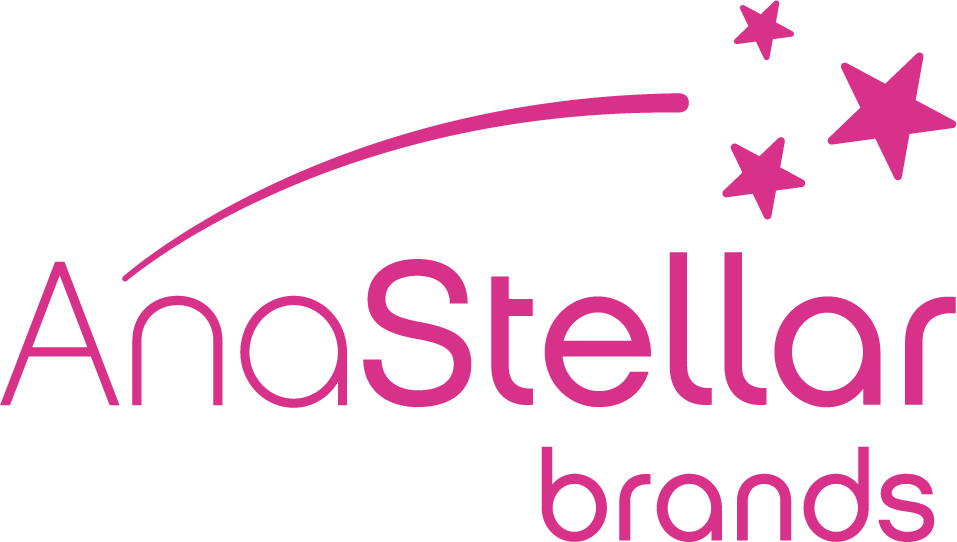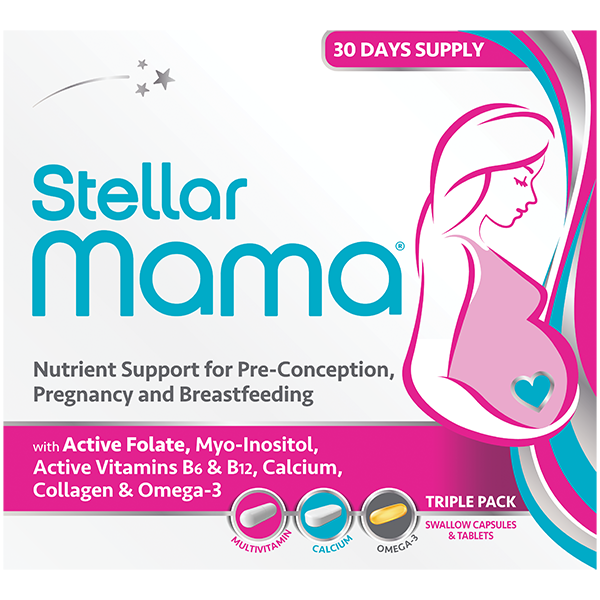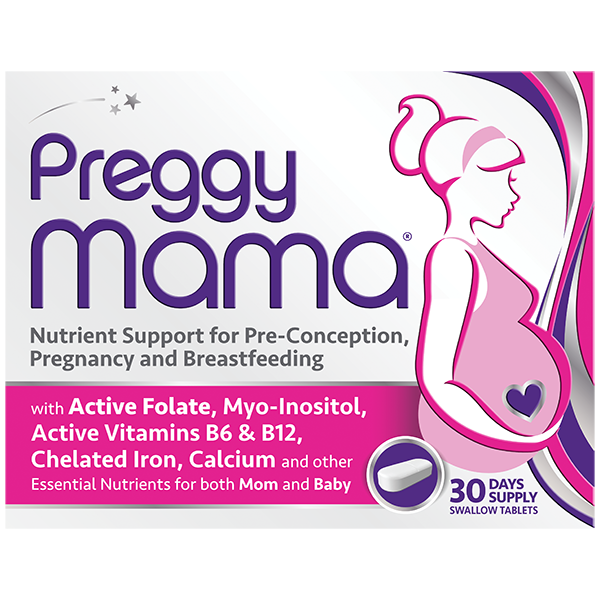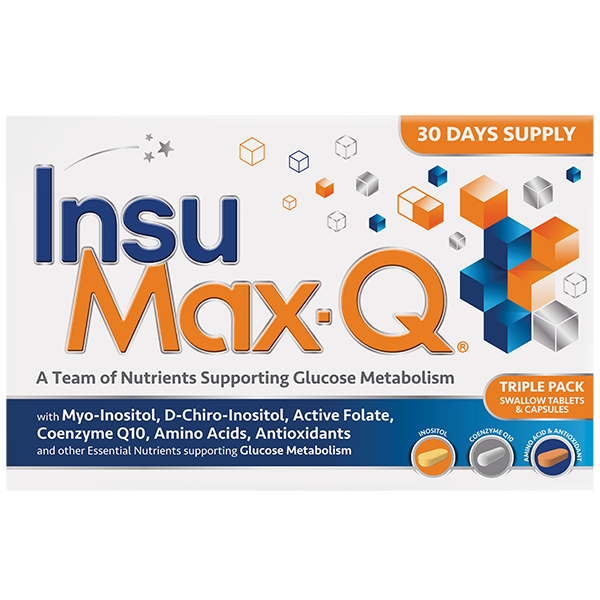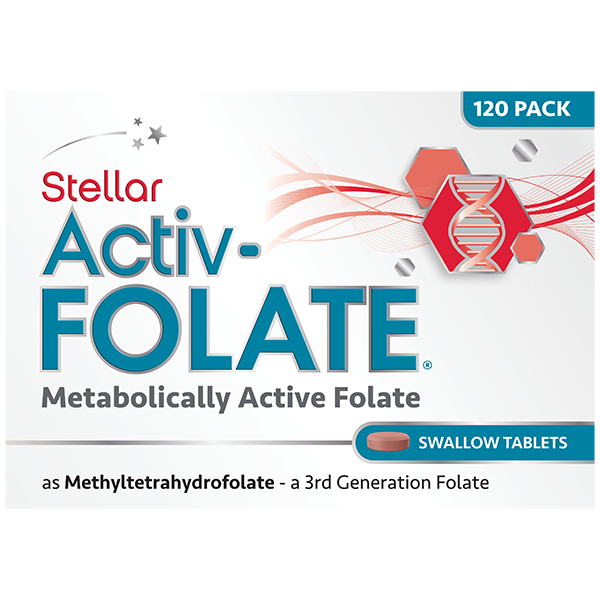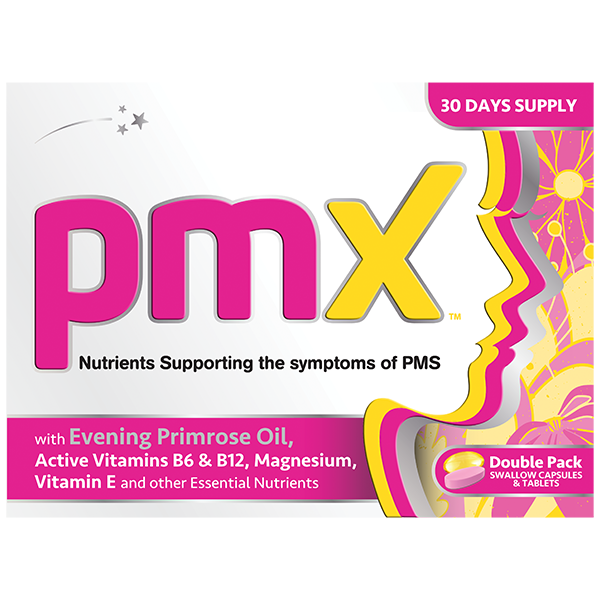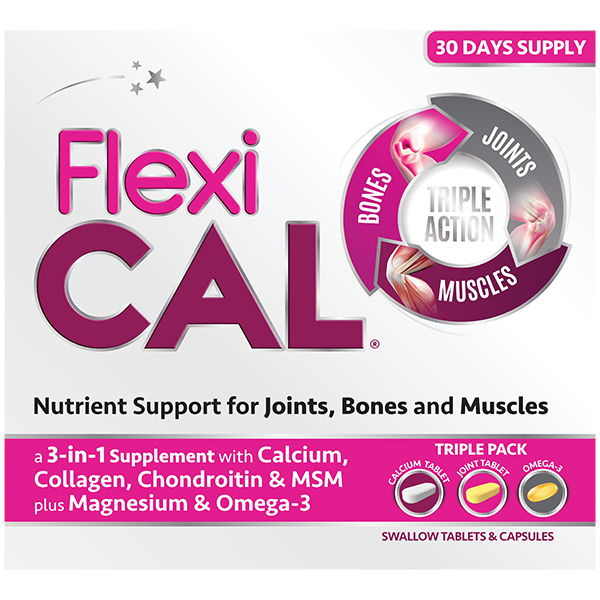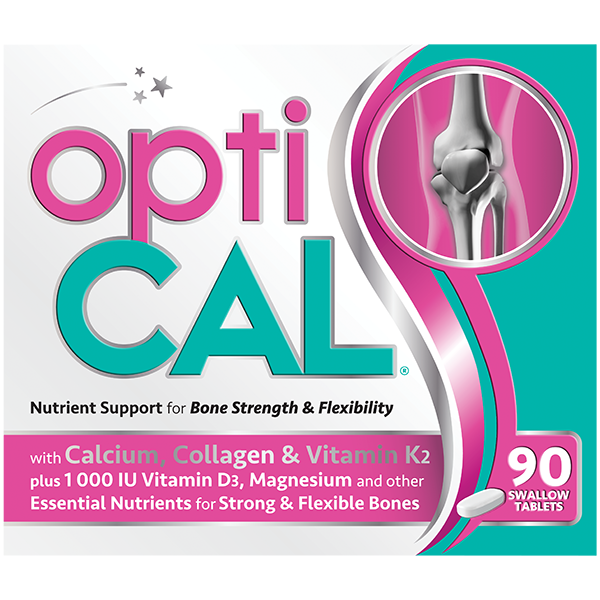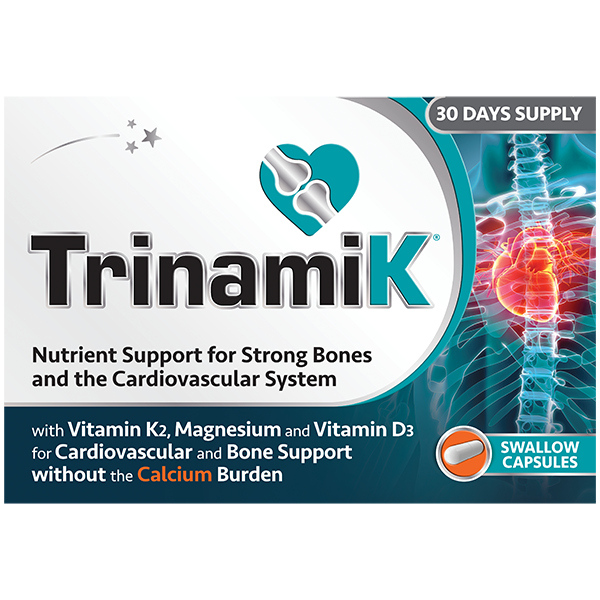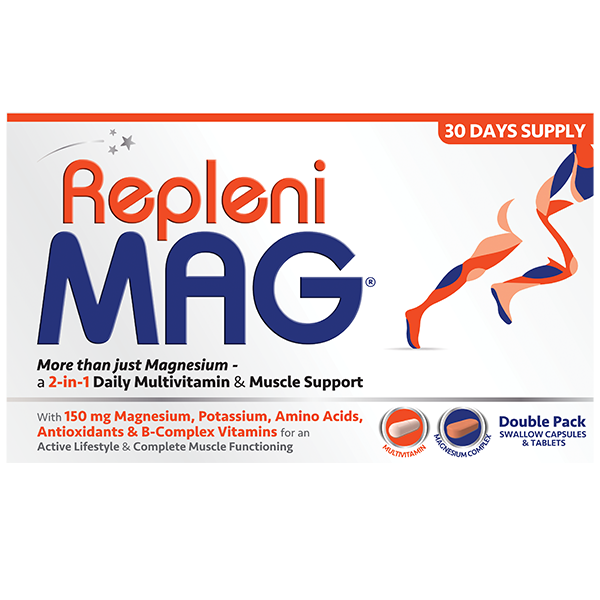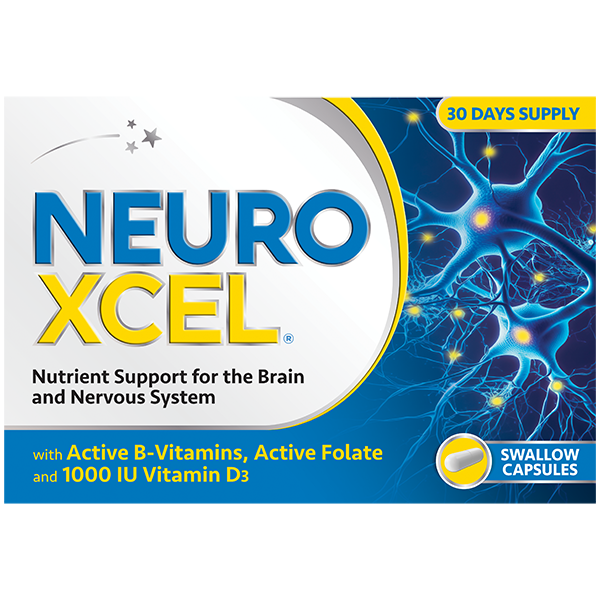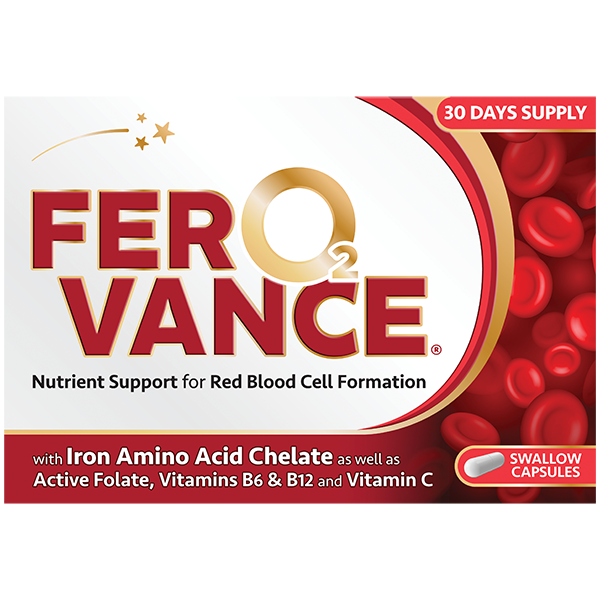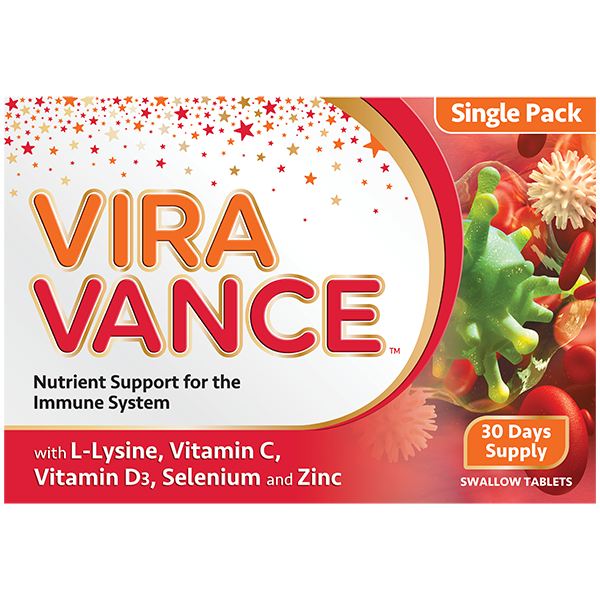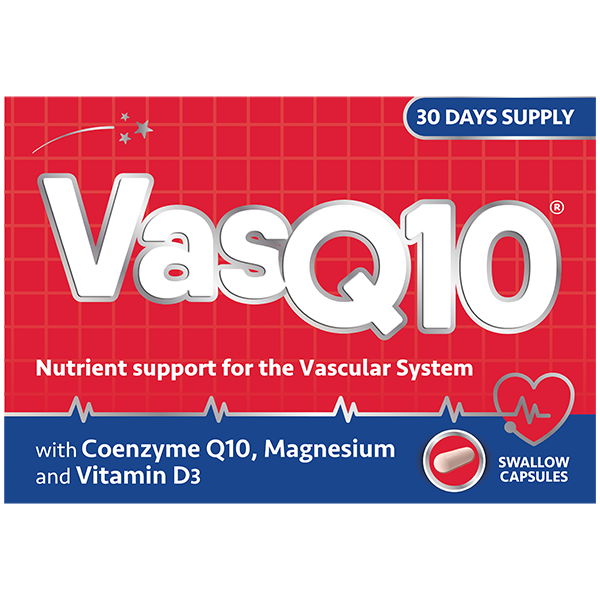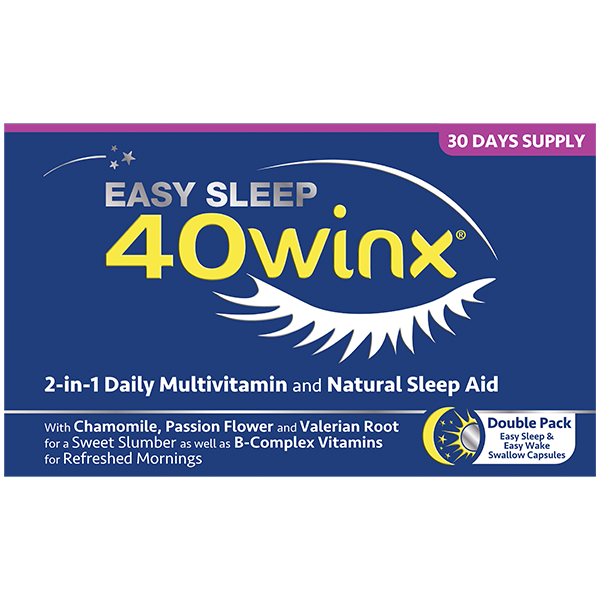FREE SHIPPING FOR ORDERS R500 OR MORE
FREE SHIPPING FOR ORDERS R500 OR MORE
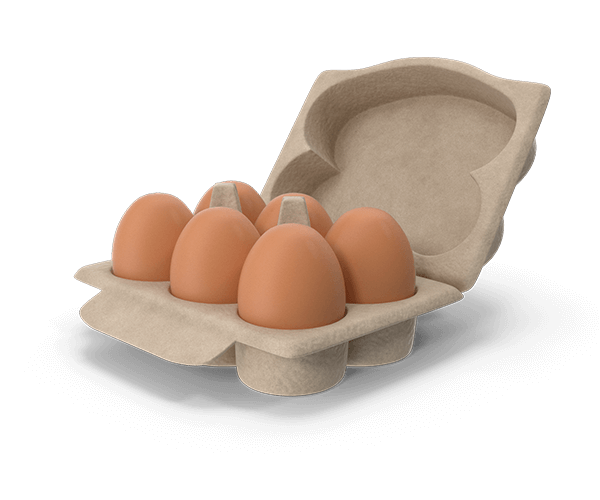
Collagen
What does Collagen do for the body?
Collagen is the most abundant protein in the body. Its fibre-like structure is used to make connective tissue and it is a major component of bone, skin, muscles, tendons, and cartilage. Collagen helps to make tissues strong, resilient, and able to withstand stretching. Collagen is a protein that gives our skin strength and elasticity. It also assists with replacing dead skin cells. When it comes to our joints and tendons it functions as the “glue” that helps hold the body together.
There are at least 16 different types of Collagens within the human body. These include Collagen types 1, 2, 3, 5 and 10. 80% – 90% of the body consists of Collagen Types 1, 2, and 3.
Our bodies gradually make less Collagen as we age. Ageing causes Collagen in the deep skin layers to change from a tightly organised network of fibres to an unorganised maze resulting in the formation of wrinkles, sagging skin and joint pains due to weaker or decreased cartilage. Lifestyle factors that also affect Collagen production are excess sun exposure, smoking, eating a diet high in sugar, excess alcohol, and lack of sleep and exercise. Environmental exposure also damages Collagen fibres reducing their thickness and strength, which also leads to wrinkles on the skin’s surface.

Opti-CAL
Opti-CAL contains 150 mg Type 1 Hydrolysed Collagen.
Flexi-CAL contains 150 mg Type 1 Hydrolysed Collagen.
Frequently Asked Questions:
What does Collagen do in the body?
Collagen is a major component of bone, skin, muscles, tendons, and cartilage.
Should I take Collagen every day?
You can take Collagen every day. Collagen supplements have become very popular. Because of their shorter chain length, versatility and high bioavailability, Collagen Peptides are a great option if you’re looking to start supplementing with Collagen in your diet.
What age should you start taking Collagen?
You can start taking Collagen at any age. Our bodies gradually make less Collagen as we age.
What foods contain Collagen?
Collagen can be found in tough cuts of meat that are full of connective tissue like pot roast, brisket, and chuck steak. As well as Bone broth and gelatin.
How much Collagen Should a 50-year-old woman take?
A 2019 review of clinical studies found that taking 2.5–15 grams of hydrolysed Collagen Peptides each day may be safe and effective.

